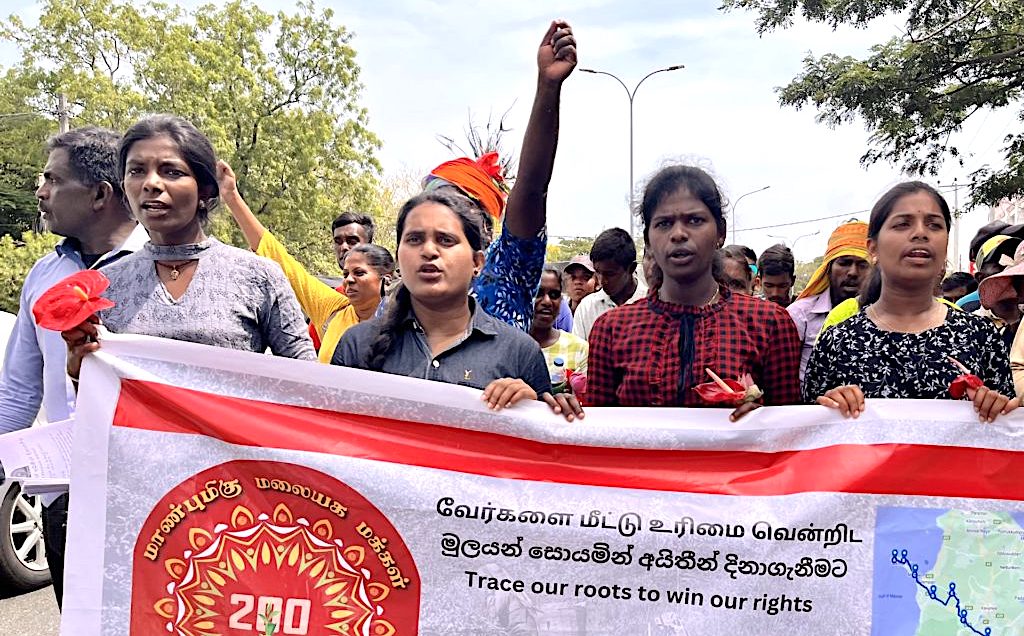




India's population census has faced significant delays since 2021 due to the COVID-19 pandemic, raising concerns about the lack of accurate data essential for effective governance [4c6aef6a]. The last complete census was conducted in 2011, and the first post-independence census took place in 1951. Since then, seven censuses have been conducted, with the first census in India dating back to 1872. The government has allocated ₹1,310 crore for the upcoming census in this year's budget, emphasizing its importance amidst ongoing discussions about a caste-based census, which has become a politically charged issue [4c6aef6a].
The Kovind Committee's report on 'One Nation, One Election' has also raised hopes for the timely execution of the census, as accurate demographic data is crucial for effective policy-making [4c6aef6a]. There is a growing demand for a central database that links Aadhaar and other identification systems, which could streamline benefits and reduce costs associated with governance. From 2009 to 2024, approximately ₹17,467 crore has been spent on Aadhaar cards, highlighting the need for a more integrated approach to data management [4c6aef6a].
In conjunction with the census, the recently released Census 2023 data in South Africa [8c31488a] and the Bihar Caste Survey in India [f54214f0] provide important insights into the societal disparities and inequalities that exist within these countries. The South African census data reveals progress in access to essential household items but raises concerns about the sustainability of relying on a small number of taxpayers to support the majority. Meanwhile, the Bihar Caste Survey examines the relationship between caste and economic status, reflecting differences in income levels, poverty rates, and access to education among various caste groups [f54214f0].
In Sri Lanka, the Malaiyaha Thamilar community, people of Tamil descent raised on plantations, continue to face systemic discrimination and exploitation [0801e04a]. They seek recognition of their distinct identity and better employment opportunities, often preferring jobs in urban areas or abroad over plantation work. The community's underrepresentation in healthcare and blue-collar occupations further exacerbates their struggles, highlighting the need for targeted interventions and research to address these disparities.
In Chennai, India, a study has shown that peer-to-peer communication can significantly reduce discrimination against transgender individuals [7125acb7]. The research involved a field experiment measuring discrimination through grocery delivery choices and found that discussions about transgender workers led to more inclusive hiring decisions. This suggests that community engagement can play a vital role in changing discriminatory attitudes and fostering a more inclusive society.
Overall, these datasets and studies underscore the urgent need for effective policies and resource allocation to address disparities, inequalities, and discrimination in South Africa, India, and Sri Lanka, while also emphasizing the critical role of accurate census data in shaping governance and policy-making.